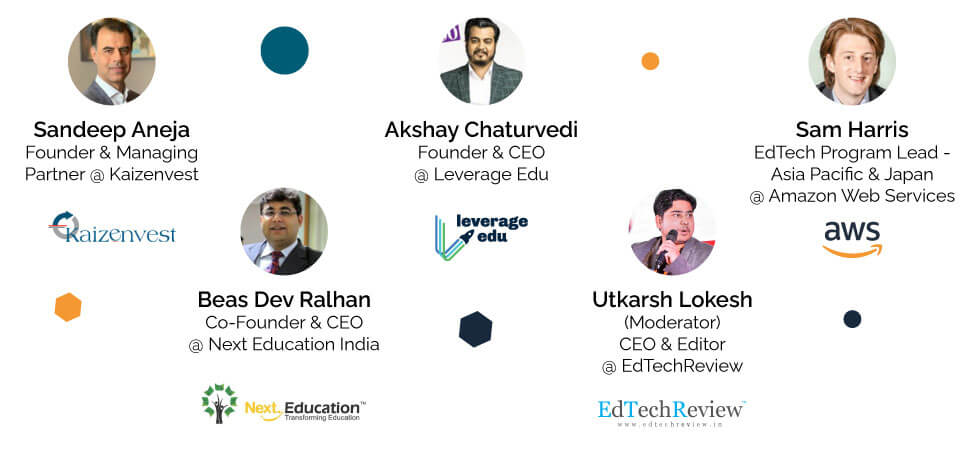How the recent market situation affects different business models and what adjustments businesses had to make?
Strictly from Leverage Edu’s business point of view, Akshay Chaturvedi shares the COVID-19 crisis being helpful for businesses like theirs. He explains it through the two lenses of stakeholders they closely work with – students and universities. On the student side, going completely online has helped them be ahead of their competitors with only brick and mortar approach. The online approach has helped them add to their revenues amidst the lockdowns.
On the university side, while Akshay maintains that universities are going through tough times, he says that institutions understand what’s happening and are ready to realize the need to build links to employability, reduce fees, and to innovate and build internship options. Akshay adds that universities realized that they would need to work with online players if they want to make students discover their universities. To facilitate this, he says, Leverage Edu had launched a platform called ‘Uni Connect’ right when COVID-19 had struck. The platform allows universities and students to connect, and allows students to apply to any university with one click.
Beas, who operates a B2B model, shares that his company had to start focusing towards cash-generating businesses to survive through the crisis. Like many other companies, he says, they had to cut down on costs, teams, and everything else for sustenance.
Community Opinion (Poll Data)
What kind of business models emerged in India and Asia in the last few months?
Sam Harris of AWS shares that some of the trends he has seen accelerating in the last six months have been on how to provide a real immersive learning experience to students through an EdTech platform, and EdTech capabilities that aren’t available in traditional education environments particularly in some provinces in Indonesia, Vietnam or Philippines. Immersive experiences that they have seen are mostly in the form of gamification. Similar to gamification, Sam says, waves around social engagement have been important in the last 6 to 9 months.
Business models in the Indian EdTech ecosystem that other geographies can learn from or vice versa
Sandeep says the one thing that the rest of the world, the US in particular, can learn from India is the high-quality B2C learning, and effective one-to-one or one-to-several learning happening online. He says that there have been numerous worldwide experiments but none have worked like they have in India. Sandeep maintains that this is a big deal precisely because it is not happening elsewhere. He cautions companies which are doing very good to not take it for granted.
At the same time, Sandeep says that we have got things to learn from other markets, from companies like Teacherspayteachers.com. He really likes the model but says there’s a significant challenge in the EdTech world and they haven’t yet invested enough in arming the teachers with the right kind of training. Emphasizing that not everybody can teach, Sandeep says EdTech companies haven’t done enough to train and develop teachers.
